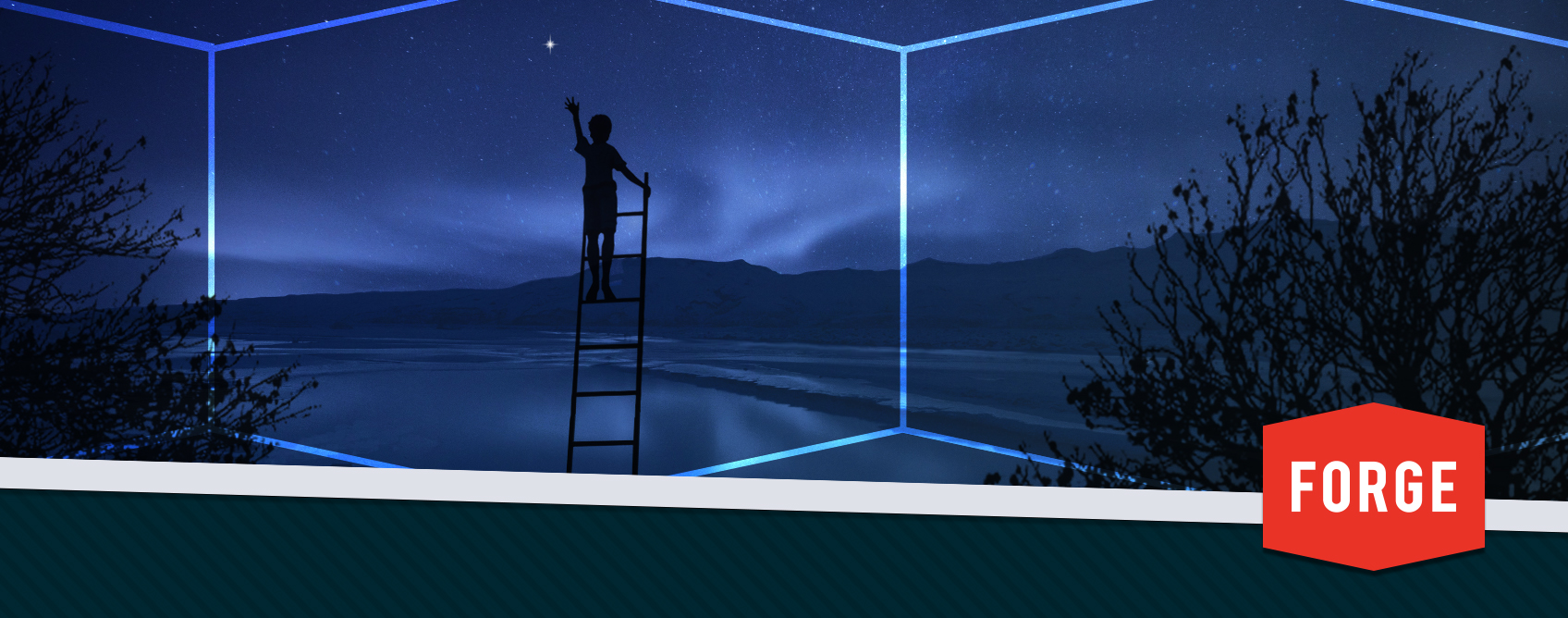
I have often been teased by friends and colleagues for being a perpetual optimist, but I have to admit this pandemic has challenged that in me. Our team left our office back in March, as so many did, with a surreal feeling that we were being overly cautious and would soon return to work. Yet as soon as early April, The Economist wrote that, according to a survey conducted by MetLife and the US Chamber of Commerce, “54% of non-sole-proprietor firms with fewer than 500 employees were either closed or expected to close in coming weeks.” As I write this, our team continues to pour over business analyses and brainstorm the best ways to help categories survive this unprecedented slow down. Still, as early as a few weeks into stay-at-home social distancing requirements, I couldn’t help but notice the bright spots.
We are seeing innovation and resourcefulness around us in so many aspects of life. The world of medicine and science, of course, immediately drew on every resource to support life and the teams that deliver critical care. Following close on those heels, we saw major corporations pivot their production operations to provide goods and services essential to our response to this global pandemic. We saw grocery workers and delivery teams step boldly and quickly into the responsibility of being “front line workers” for the sake of the greater good. Now it seems this resourcefulness and search for meaningful ways to contribute to society may be a positive, lasting outcome from devastating calamity.
We see innovation burgeoning in the form of small restaurants that have reinvented themselves to provide curbside meals, supper deliveries, and chefs in our city coming together to provide food to those in need. We see local shops overhauling their inventory to stock what is needed most – toilet paper, cleaning product, jigsaw puzzles and flour.
With all of this, the optimist in me gets excited. What if this response continues to strengthen our emphasis on meaningful contributions and entrepreneurial ingenuity? I recently read an uplifting article from Forbes that speaks of this very kind of future, strong with increased innovation and entrepreneurialism.
“The most innovative solutions often arise in the face of the greatest constraints. …today’s struggles and pain are forcing new ways of thinking, better approaches and fresh perspectives on problems. Companies will learn from the requirement for greater innovation and create the conditions for expanded levels of creativity, exploration and problem solving.”
It also struck a chord with the work we have been doing as remote teams here at Forge. We have long believed as an agency in helping companies that do meaningful work do more. What’s interesting is how that has challenged us in this time, to think about the most meaningful ways we can help as well. At first, that meant remaining calm in the storm and being thoughtful about what and how our in-market work impacts people in a transformed reality. It meant editing creative, and in some cases, stopping messaging altogether. Next, it meant some serious idea generation, drawing on our cross-discipline teams’ different areas of expertise and diverse perspectives. Above all, it meant working faster, and partnering even more closely with our client partners. Determining a real-time response to reinforce and promote pride and camaraderie among our hospital client’s teams that are truly leading on the front lines and beyond. How we can help our higher ed clients better understand how today’s professionals are feeling about career advancement and higher ed at this unsettled time. And how we can acknowledge and support the important work our clients are doing by pausing efforts until the time is right to act. Now that we have settled into a “new normal” for the time-being, it means we are projecting forward to understand how our client needs will change and how we can best support their own innovation and entrepreneurial efforts.
“When the coronavirus finally abates, businesses will be in a rush to re-establish their value, re-energize their product flows and do so quickly. In this way, even the most mature, well-established organizations will become like start-ups.”
Again, the Forbes article rings in my ears, energizing us to think about the positives over the negatives. And on those really tough days, to take a deep breath and just try to do our best. For an optimist committed to meaningful work, it’s the only way forward.